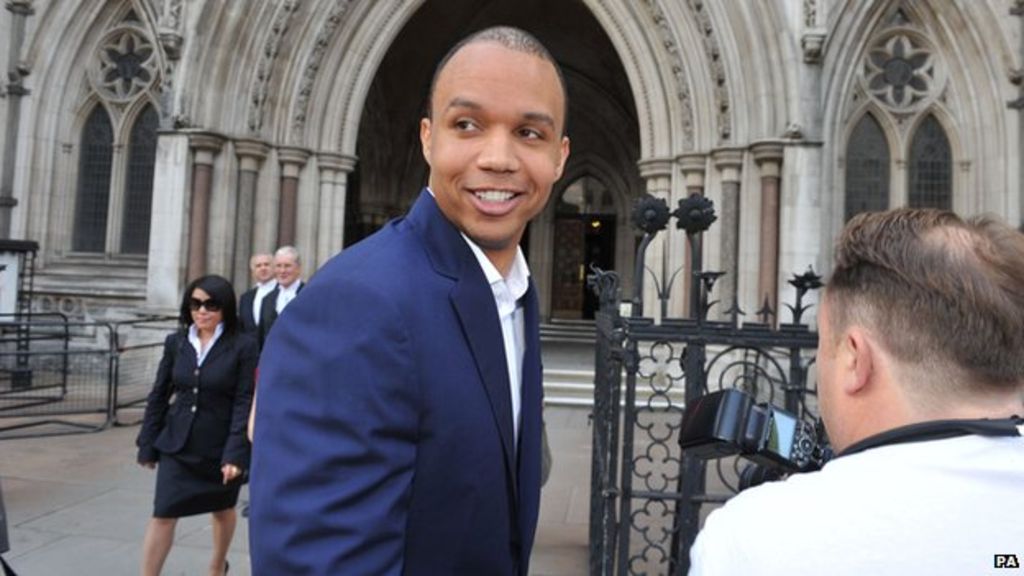Phil Ivey saw more than $10 million slip through his hands on Tuesday, after the UK Supreme Court ruled against him in his final battle to regain £7.7 million he won in London’s Crockfords Casino using a technique called “edge sorting” to maintain an advantage.

Honest Cheater, Dishonest Edge
A unanimous ruling by five Supreme Court justices upheld a Court of Appeal’s previous decision that Ivey’s actions constituted cheating. They dismissed Ivey’s argument that dishonest intent was necessary for something to be considered cheating.
“There is no requirement that the defendant must appreciate that what he has done is, by those standards, dishonest,” said Lord Anthony Hughes of Ombersley, who delivered the ruling. “If cheating at gambling required an additional legal element of dishonesty, it would be satisfied in this case.”
Lord Hughes added, “What Mr. Ivey did was to stage a carefully planned and executed sting. That it was clever and skillful, and must have involved remarkably sharp eyes, cannot alter that truth.”
The ruling marked the end of a five-year battle between Phil Ivey and Crockfords Casino in Mayfair, London. It began back in 2012 when Ivey and fellow gambler, Cheung Yin Sun (AKA “Queen of Sorts”), visited the venue and arranged for a high-stakes game of punto banco, a form of baccarat.
While playing, the pair used an “edge-sorting” technique to gain an advantage in the game. Genting, which owned the casino, discovered what was going on after Ivey had won £7.7 million and refused to pay out his winnings, claiming that he cheated. The casino did refund his original £1 million stake, however.
Ivey claimed edge-sorting was a legitimate strategy. He insisted he couldn’t have cheated, as there was never an element of dishonesty involved, and he never touched the cards and simply made requests, such as having the cards turned a certain way, which the casino honored.
In other words, he believed he was simply exploiting Crockfords’ concessions to become an advantage player.
“This has been a landmark case in how the courts approach cheating in the modern day,” said Genting UK chief operating officer Paul Willcock. “This entirely vindicates Genting’s decision not to pay Mr. Ivey, a decision that was not taken lightly.”
Ivey Reaction: Rubbish!
Ivey, 40, who earlier this year became a first-ballot inductee into the Poker Hall of Fame, released a statement after the ruling.
“It makes no sense that the UK Supreme Court has ruled against me, in my view, contrary to the facts and any possible logic involved in our industry. At the time I played at Crockfords, I believed that edge-sorting was a legitimate Advantage Play technique and I believe that more passionately than ever today.
As Mr Justice Mitting found, this is not just my personal view but one that “commands considerable support from others” and I am grateful to the Supreme Court for confirming Mr Justice Mitting’s finding that I was a truthful witness in this respect and that this was my honest belief. As a professional gambler, my integrity is everything to me.
It is because of my sense of honor and respect for the manner in which gambling is undertaken by professional gamblers such as myself that I have pursued this claim for my unpaid winnings all the way to the Supreme Court. It is very frustrating that the UK judges have no experience or understanding of casinos and Advantage Play, or the ongoing battle between casinos and professional gamblers attempting to level the playing field. If they had, I am very confident the result in this case would have been in my favor.”
It marked the second big blow for Ivey in less than a year. Back in December, he was ordered to repay $10.1 million to the Borgata Casino in Atlantic City after a New Jersey court ruled that by engaging in edge-sorting, he had breached his contact with the casino.


